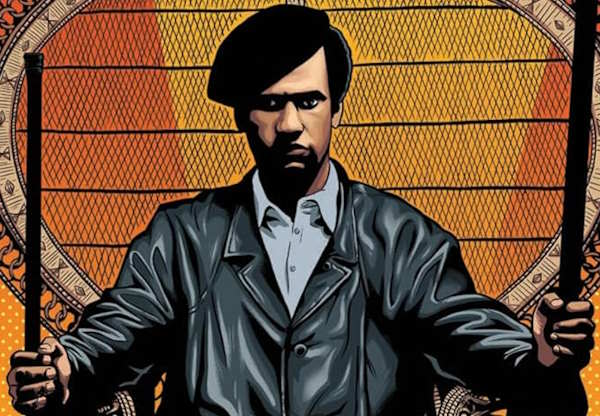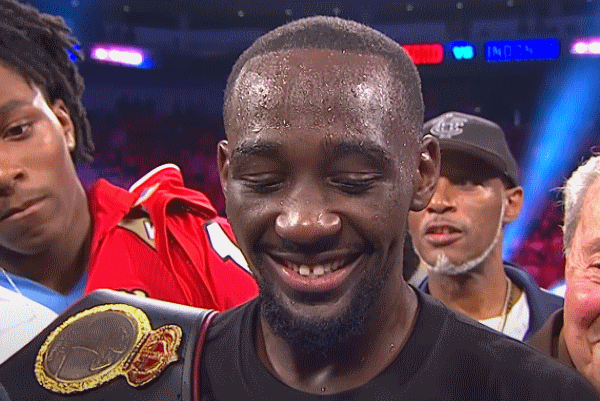Genre blending is not a new concept. Hip-Hop has been chopping, remixing, and sampling recorded music for decades, making it one of the most consistent practices in the ever-evolving genre. Contemporary hip-hop artists sample many musicians from previous eras — The King very much included.
For example, 1999’s Cold Blooded by Wu-Tang veteran Ol’ Dirty Bastard, sampled parts of the 1956 hit Love Me Tender, while Cypress Hill’s Boom Biddy Bye Bye (1995) features an interpolation of 1956’s Hound Dog in the second verse. Memphis, TN’s Three 6 Mafia’s 1996 hit In the Ghetto comes from a politically charged 1969 Elvis song of the same name.
In addition, Elvis’ music, career, legacy, and the stories surrounding them have also inevitably bled their way into contemporary musical themes. A notable example is the 1990 song Elvis is Dead by the band Living Colour. This eclectic band’s mix of funk, hard rock, hip-hop, and jazz basically reinvented mainstream ’80s rock in the early ’90s. While Elvis is Dead is often interpreted as an indictment of Elvis Presley, its lyrics are actually a discussion of how the media exaggerated elements of his career and legacy.
If you want to hear indictment, look no further than Public Enemy’s Fight the Power, which condemns Elvis as a racist.
This was made in reference to racist statements allegedly said by Elvis in the past. Although the Daily Beast reveals that these allegations have been proven wrong, the lyrics still highlight the institutional racism in the development of rock ‘n’ roll.
Existing evidence points to the fact that Elvis himself wasn’t racist. In a 1957 interview, he explained, “A lot of people seem to think I started this business, but rock ‘n’ roll was here a long time before I came along. Nobody can sing that kind of music like colored people.” He went on to explain how his signature singing style was derived from black artists like the Ink Spots’ Billy Kenny and other pioneering voices in soul and RnB.
Although Elvis’ admission managed to shed some light on rock ‘n’ roll and rockabilly’s conflicted history, he also didn’t do anything significant to give credit to whom it is due. When Chuck Berry died in 2017, for instance, a few news outfits like the Boston Globe “dared” to call him the King of Rock ‘n’ Roll, a title normally reserved for Elvis. This significantly impacts hip-hop because the genre was born from America’s institutionalized racism. A big part of this racism is how the true roots of rock ‘n’ roll have been obscured by white producers and artists.
Today, “The King’s” legacy lives on in various forms of media, including not just samples, movies, and TV, but even online digital gaming as well. On web browsers, Elvis The King Lives brings his classic hit songs to Foxy Bingo. This digital slot game also uses images of Elvis in his prime, a throwback to a simpler time when virtually no one questioned the legitimacy of “the one true King of Rock ‘n’ Roll.” On android smartphones, users can download a number of apps based on Elvis’ songs and career, including Always Elvis Radio and Elvis Presley Piano Game. These stand serve as testament to his continuing influence on music and multimedia.
Therefore, the big question isn’t whether or not Elvis Presley had an impact on Hip-Hop. His music certainly lives in the music, both in reference and irreverence. The real question is whether these types of inferences remain as the culture moves further into the future.
—





